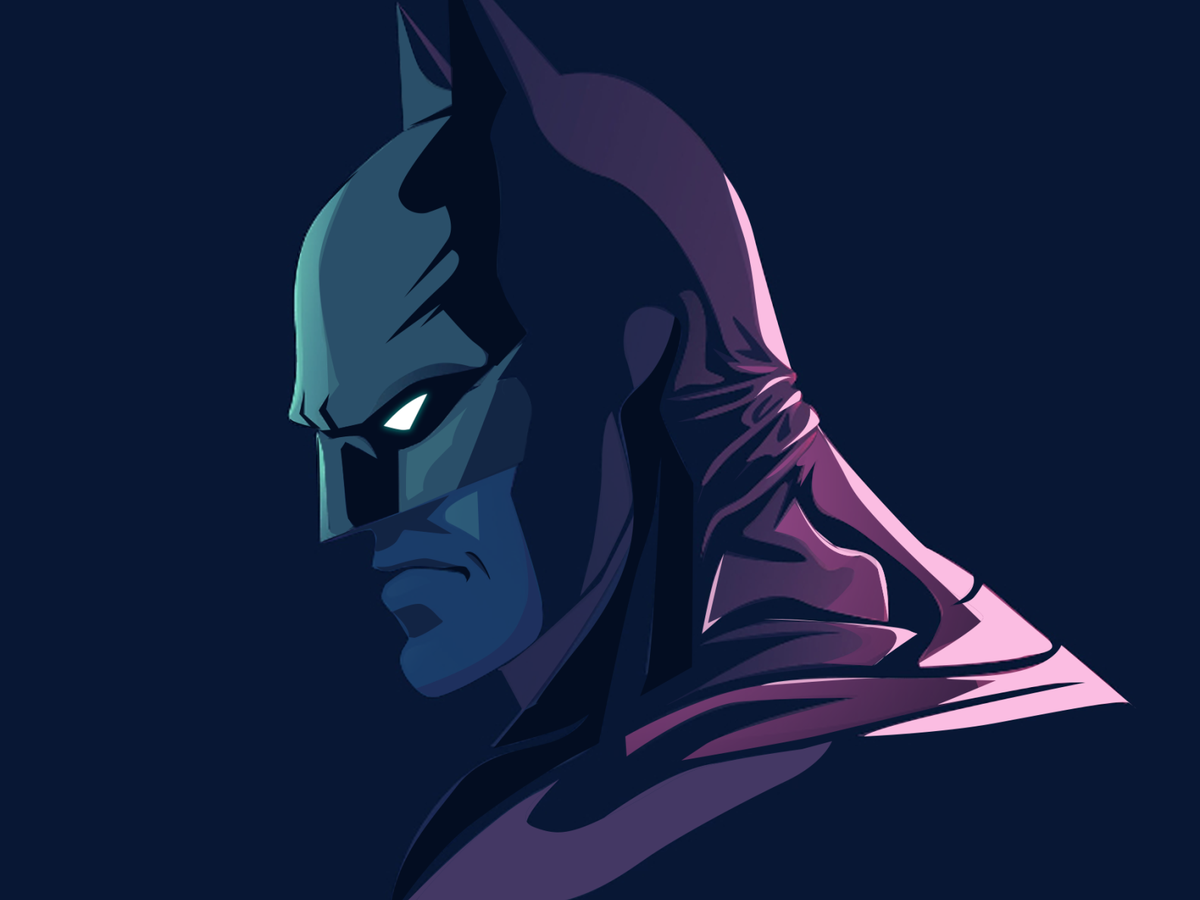According to what Unity reps said elsewhere, they have no way of knowing what’s a bought install, what’s a demo, what’s a charity bundle, what’s a pirated install, and what is someone loading a webpage with a WebGL program integrated (every page view = 1 install).
Instead, they want to estimate how much people owe them. Using secret methods with no accountability.
It would mean every Unity game was not-so-secretly shipped with code that phones home to the Unity company upon install.
Either they’ve been egregiously spying on gamers for years (and by extension, game developers using Unity have just been fine with that), or they’re lying through their teeth.
If they could tell an install is pirated then they would lock it down
They either count all installs as legitimate or pirated copies are not picked up by their telemetry
On the contrary, I think the incentive would be for Unity to let the pirated install keep existing because that would mean more money they can extort from developers/publishers.
deleted by creator
No, they can not. This is just a standard PR response.
So those who aren’t victims of piracy will be “fairly hurt”?
They can obviously track pirated installs.
They use computational predictions and quantum mathematical calculations through a software called trust me bro.
Not really, they just go by if the game isn’t selling well, or rather isn’t selling well enough for them, obviously they have to be careful not to do it too aggressively otherwise otherwise they’ll come off as being greedy or whiny about poor sales, which isn’t a good look on any dev (especially if it’s not actually related to piracy, then it hurts their argument).
They’ve just been careful enough to only whip out the crybaby arguments when it’ll work in their favor and seem enough like piracy, as opposed to doing it too much or at the wrong time and seeming salty about low sales (to be fair that’s exactly what’s happening, but people think they know more about who buys vs who pirates, rather than who buys vs who doesn’t).
deleted by creator
We have come full circle. Hurray?







